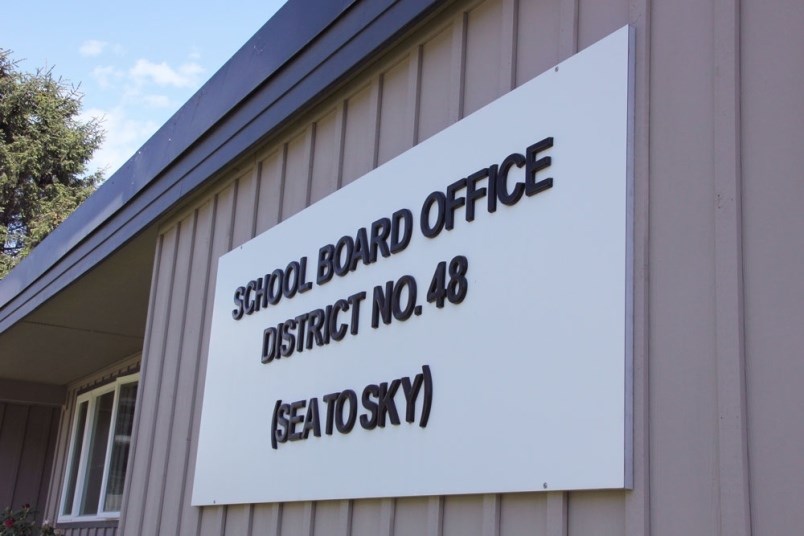What are the leading changes in the health of 麻豆社国产youth? We’re going to have to wait to know for certain.
In the last few weeks, the McCreary Centre Society released the BC Adolescent Health Survey. Conducted every five years, the survey takes a health snapshot of youth aged 12 to 19 across the province. The 2023 edition surveyed nearly 38,500 students across 59 school districts, including the Sea to Sky School District (SD48).
The executive summary notes there have been positive changes across the province since the last survey in 2018, one of which is that more Indigenous youth could speak a few words of an Indigenous language. Additionally, the 2023 results show youth were “less likely to have engaged in sexual activity and to have vaped, smoked tobacco, drunk alcohol, and used cannabis” compared with past survey results. Yet, there are concerning changes too. Admittedly, a lot has changed between 2018 and 2023, including continued fallout and adjustment from the COVID-19 pandemic. While, yes, the use of tobacco, alcohol and cannabis is down, those who have engaged in those activities were more likely to have done so before they were 13 compared with 2018.
Moreover, the survey notes youth were more likely to “have self-harmed in the past year, engaged in disordered eating behaviours, experienced sexual abuse, and been bereaved due to overdose and violence.”
“They were also less likely to rate their overall health and mental health positively, feel they could manage the stress in their life, eat healthily, sleep for at least eight hours, be satisfied with their quality of life, plan to attend post-secondary and feel hopeful for their future,” reads the survey.
Those can only be described as major changes happening across the province, but what’s happening specifically with SD48 youth? I’m afraid we’re going to have to wait and see.
McCreary told me that it is up to the school district to share its data. SD48 chose not to share its data with The 麻豆社国产, though they did offer to answer inquiries based on provincial data and initiatives being undertaken by SD48 in that context. Yet, some of my colleagues at Glacier Media in different regions, and thus different school districts, have received their specific results.
After writing my frustration to SD48 about access to the data, spokesperson Jennifer Morris wrote they don’t share “organization-specific data with external parties without first having an informed meeting to explain the data,” in an effort to ensure data is understood and protected. Moreover, she said SD48 does review the data with school staff, shares findings with Vancouver Coastal Health, and some students and parents.
“Furthermore, we engage with our students and parents through focus groups and PAC meetings to create awareness and gather feedback about the data,” wrote Morris, adding The 麻豆社国产 may participate in those meetings. This feels rather prolonged and excessive. But, with respect to their process, I hope SD48 feels confident and can fully share what is happening with its students.
After all, how can any improvements occur if we don’t know what’s happening on the ground?




